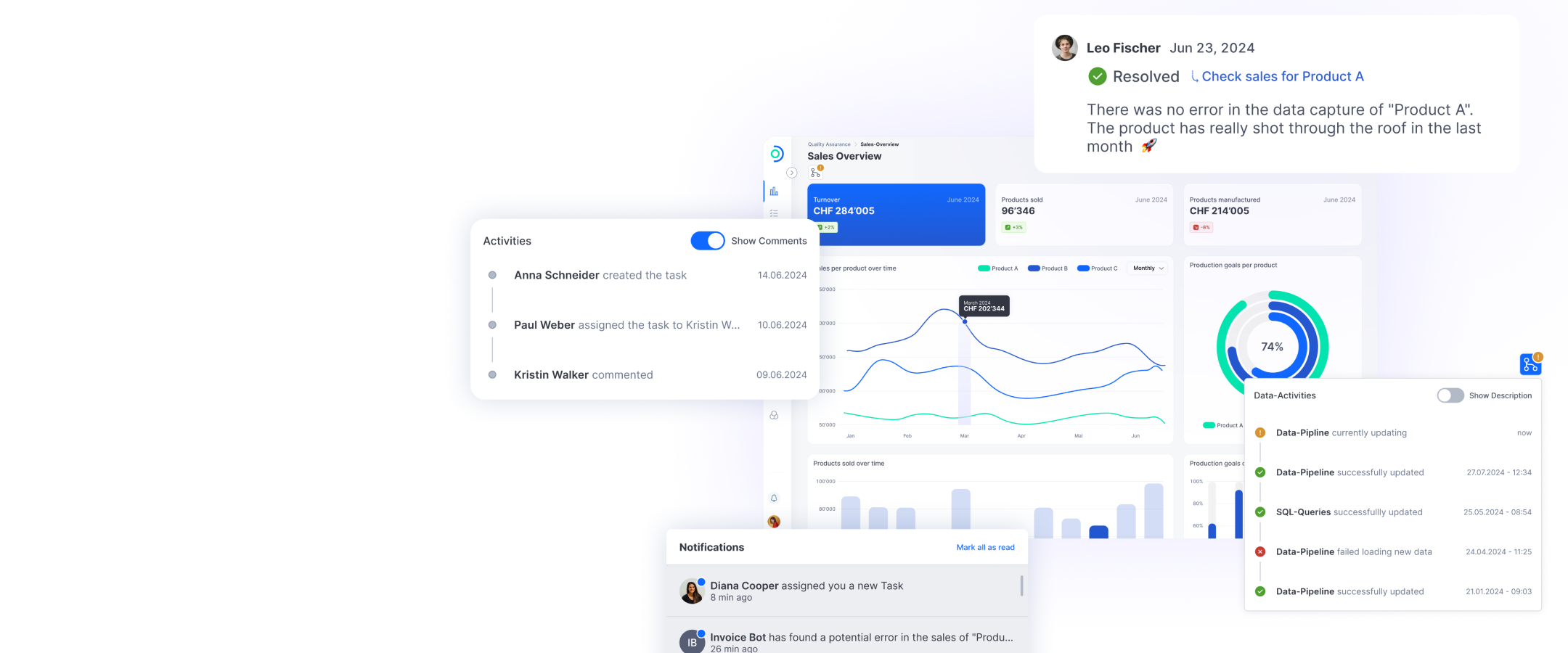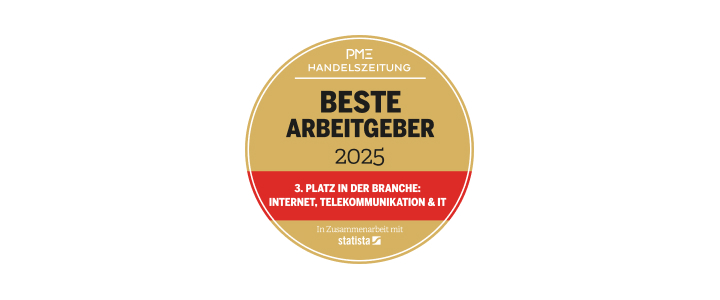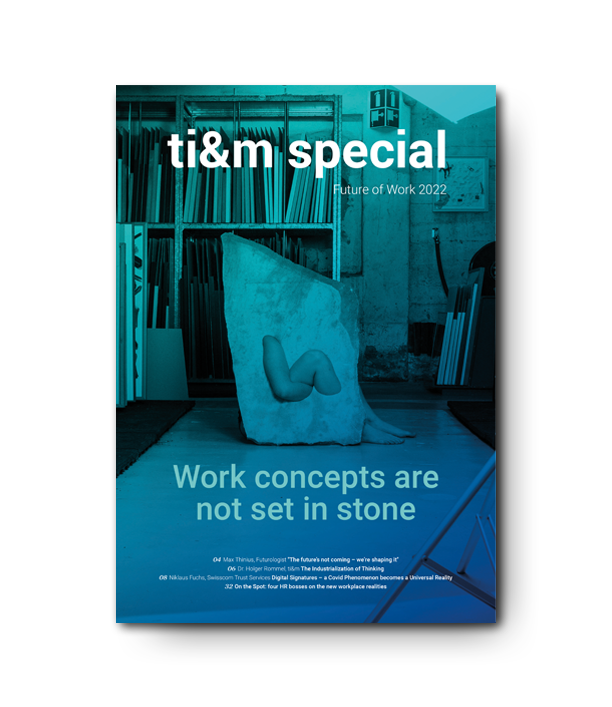“Work isn’t some place you go to”
New Work // The world of work has undergone a paradigm shift, and the way in which businesses organize collaborative working will determine their future success. We spoke to New Work expert Dr. Sandra Breuer about different working concepts and the most effective office architecture.
Dr. Breuer, when needs must, it’s perfectly possible: Is the sweeping introduction of working from home due to lockdown a good example of the normative force of the factual?
It proved that it was actually possible to implement, overnight, what many organizations had previously thought impossible: remote working, working from home, unconditionally and for everyone. The many seemingly logical arguments against it were shown to be unfounded. From technical feasibility to activity and task, implementation was a success — and in some cases it was surprisingly straightforward.
Remote working has now been in place for some time. Do we have any initial scientific conclusions as to what works and what doesn’t? Do you think there are limits to home working?
The sociologist Richard Florida called it a ‘massive forced experiment’. Around the world, across all sectors, we were all able to discover what home working means for us: everyone for themselves, with their own team, in their respective organization. And the experiences are as varied as we are ourselves: we have a better or worse experience of working from home depending on our living situation and personality type. And, depending on the maturity of the organization, remote working is viewed as an opportunity or a threat.
One thing we’ve all learned: Work isn’t some place you go to; it’s an attitude, and accordingly it can be set up anywhere. And it’s about more than simply completing tasks and activities: work is a social event, an experience. As social beings, we benefit from belonging, from validation and being part of a whole. Ultimately it also contributes to our identity and purpose.
What is the ideal office structure? And how can we best implement it? For example, should we let employees make a democratic decision on how the office is structured?
Whilst structuring doesn’t work well as a basic democratic process, a radical user perspective is beneficial for the development of good and, above all, appropriate solutions. What goals is the organization hoping to achieve? How do people want to work (together)? The (spatial) conditions are a key factor in determining behavior.
“Instead, the idea should be that the office offers something that you don’t have or can’t get from working from home.”– Dr. Sandra Breuer, CEO loop – creating places
What trends have you spotted in the world of work? What can we expect in the coming years?
Remote and home working are here to stay. Back to the office is not back to normal. Any organization that tries to force employees back into the office by making attendance compulsory is not positioning itself as attractive in the long term. Instead, the idea should be that the office offers something that you don’t have or can’t get from working from home. Employees who don’t have to go into the office will carefully weigh up when it is worth their while to do so. Again, that can look very different for different people: For some, it’s about working together with their colleagues, for others it's a space where they can work in peace with a stable Internet connection.
What does this mean for management?
We have all discovered that New Work is the new normal. Mandatory attendance, monitoring, space as a symbol of power — all of that has had its day. Trust and empowerment are the key to positive management in the future.







